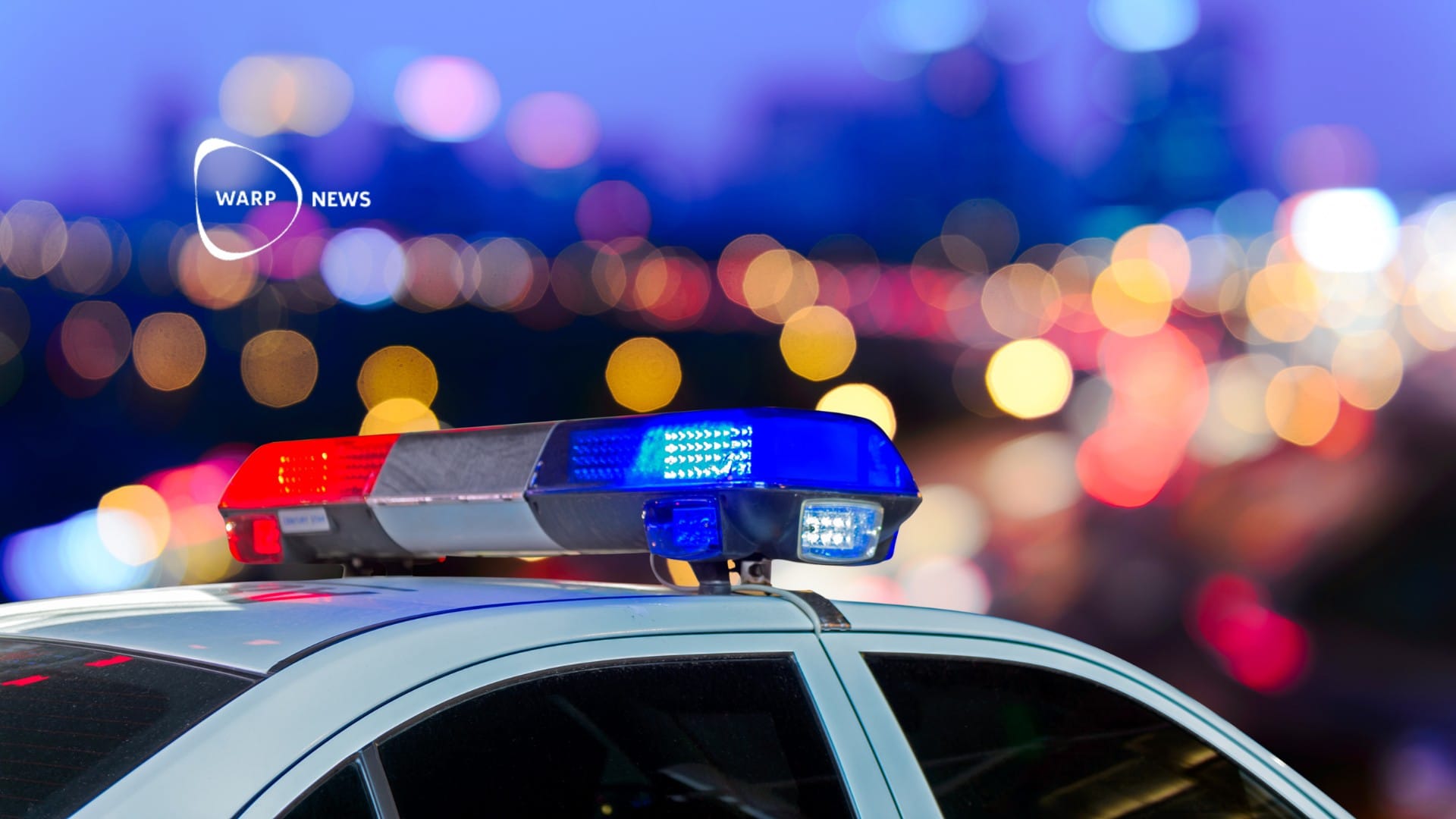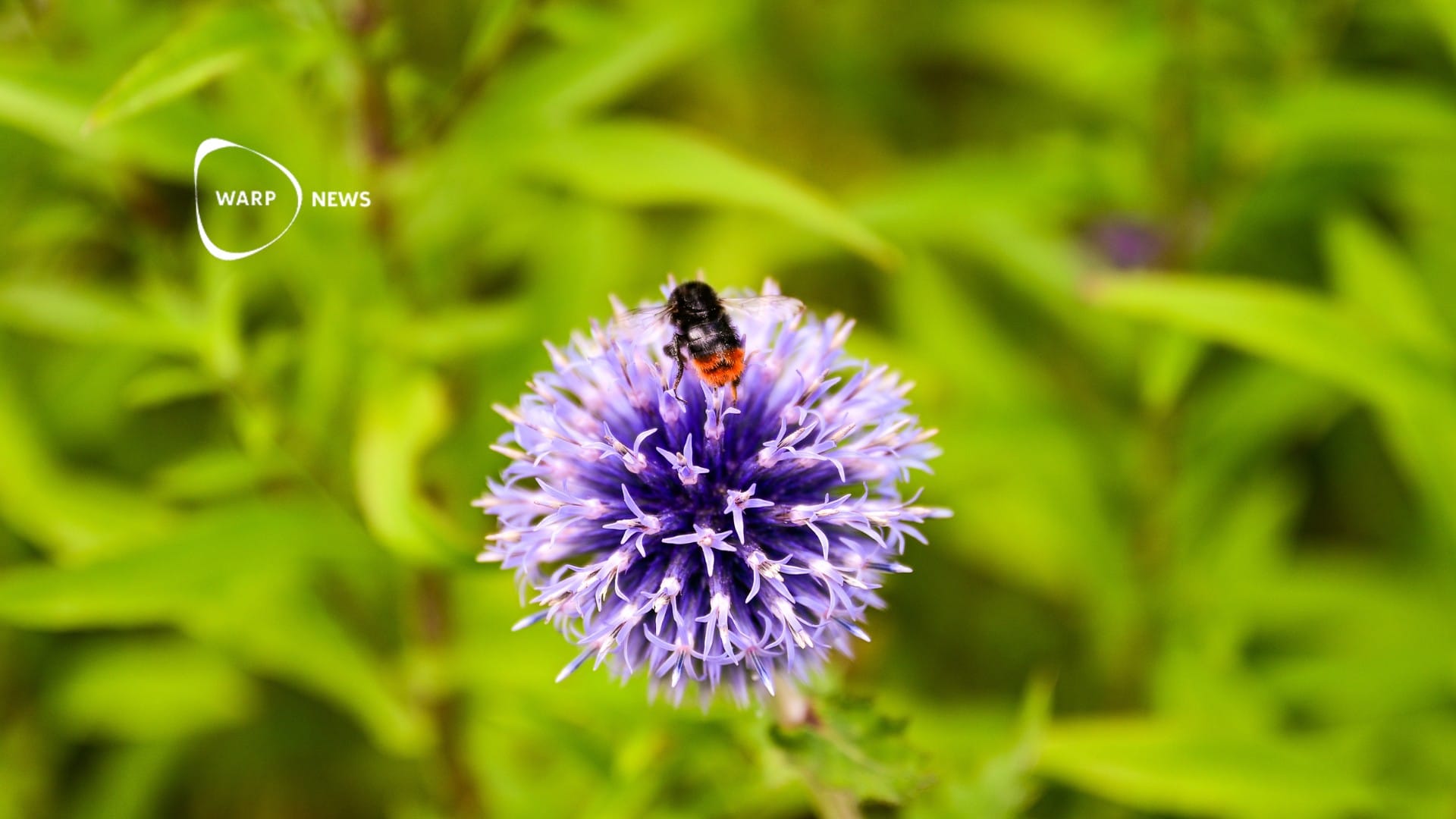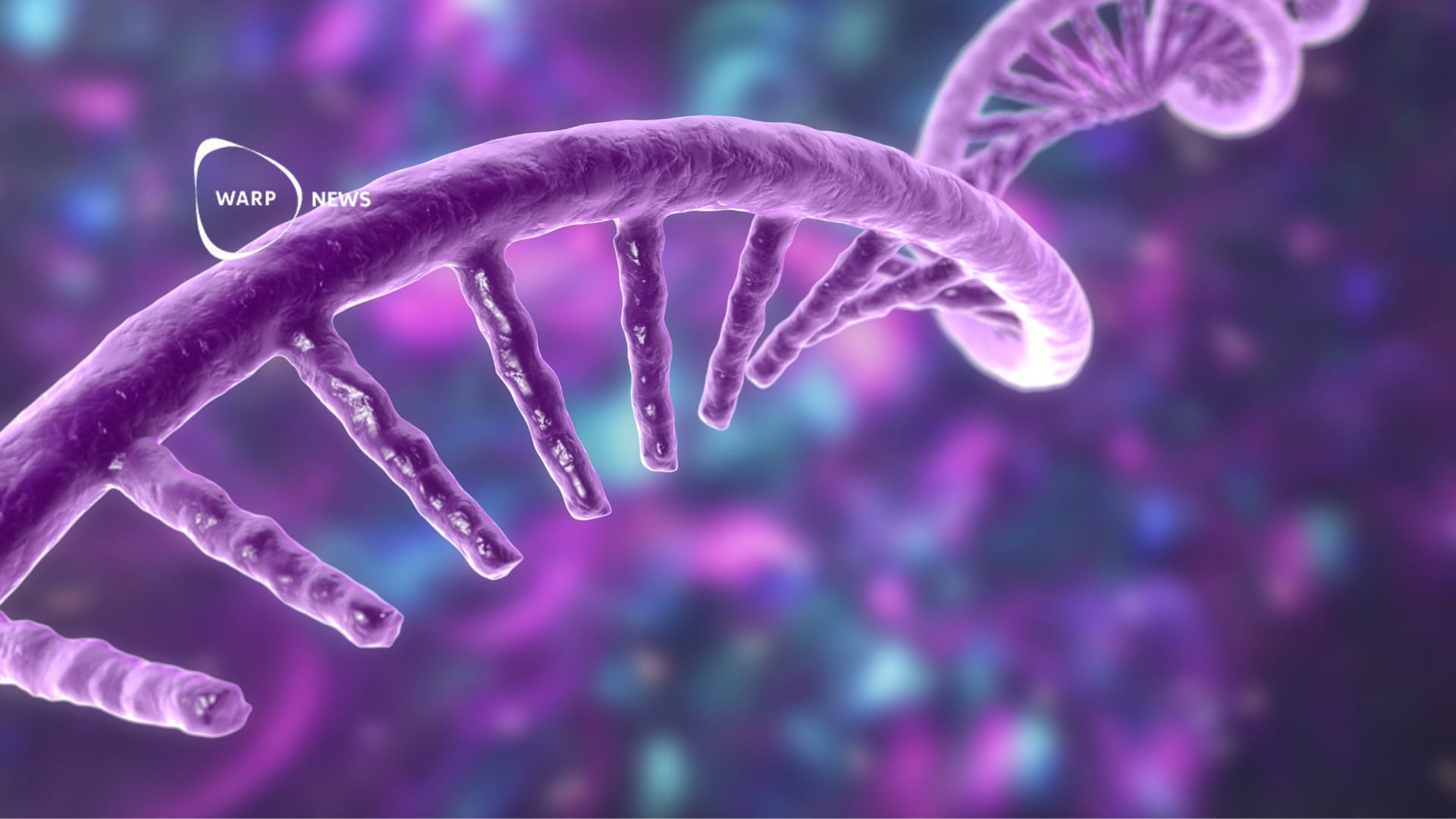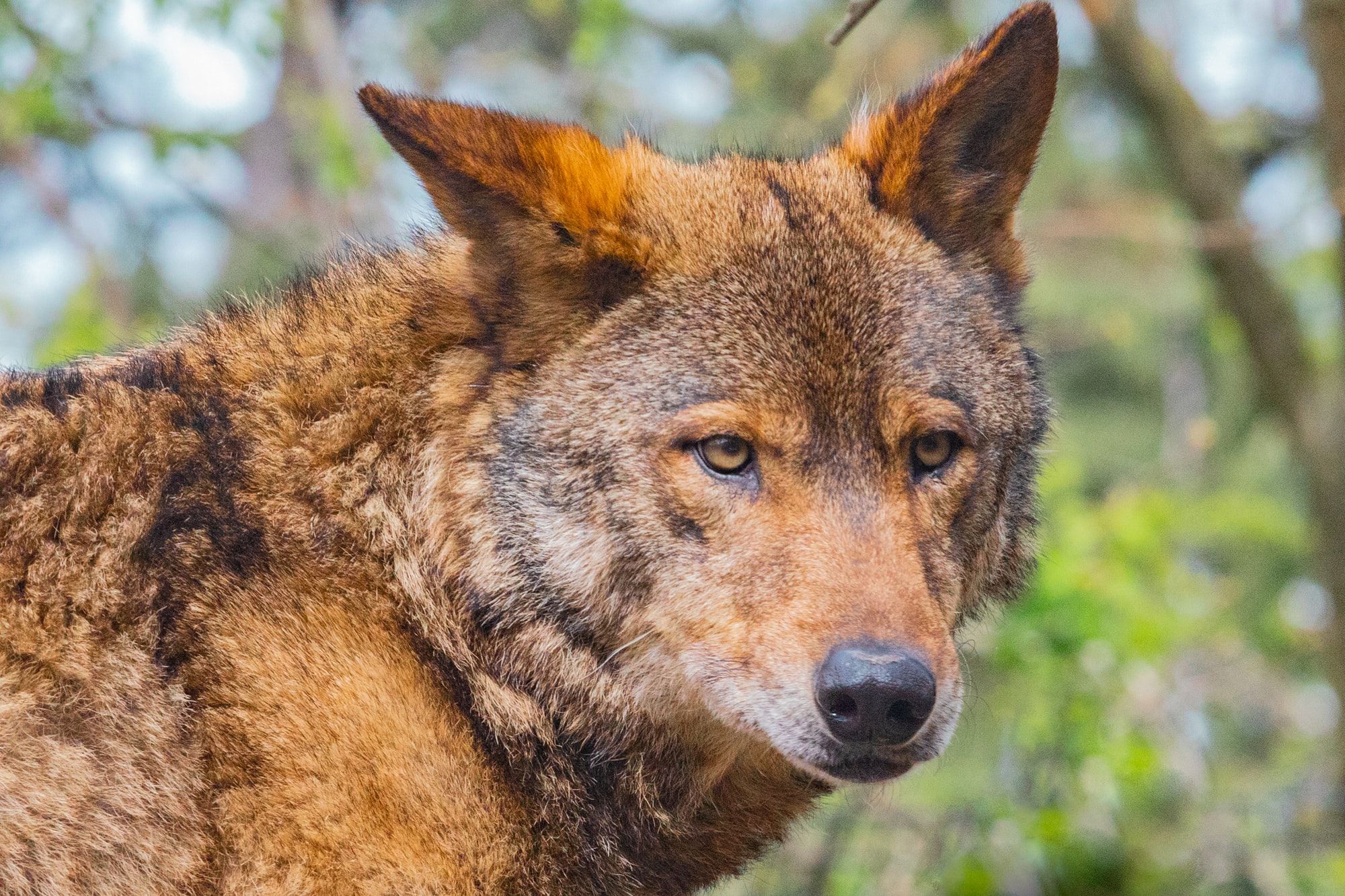
🐺 For the first time in years - red wolf pups born in the wild
There is still hope for the wild red wolf after the Alligator River National Wildlife Refuge, North Carolina, welcomed a litter of pups.
Share this story!
Back in the 1980’s, the red wolf was considered “extinct in the wild,” according to NPR. However, a litter of red wolf pups has been born at the Alligator River National Wildlife Refuge, indicating there is still hope for the endangered species.
“As the sights and sounds of spring began to unfold on Alligator River NWR this April, something monumental was also unfolding on the landscape… a new litter of red wolf pups and renewed hope for the survival of a species! During the week of April 18, Red Wolf Recovery Program Staff confirmed a litter of six wild red wolf pups (four females, two males) born to mother 2225 and father 2323 (to be confirmed through genetic testing),” the U.S. Fish and Wildlife Service’s Red Wolf Recovery Program stated on Facebook.
This breakthrough comes from the efforts of captive breeding programs, and by 2012, approximately 120 red wolves existed in the wild. Sadly, the number decreased once more due to human activity. There have been no wild births since 2018 before this one.
“This new litter is the first wild-born litter of red wolves since 2018. This red wolf pair was formed through the combination of several management actions and the two red wolves subsequently following their natural instincts in pairing, establishing their territory and mating,” the Red Wolf Recovery Program shared on Facebook. “Every generation yields a newborn hope for the red wolf… a cause for joy and celebration!”
The red wolf is still considered extinct, but with continued careful conservation efforts, there is hope that they’ll bounce back fully.
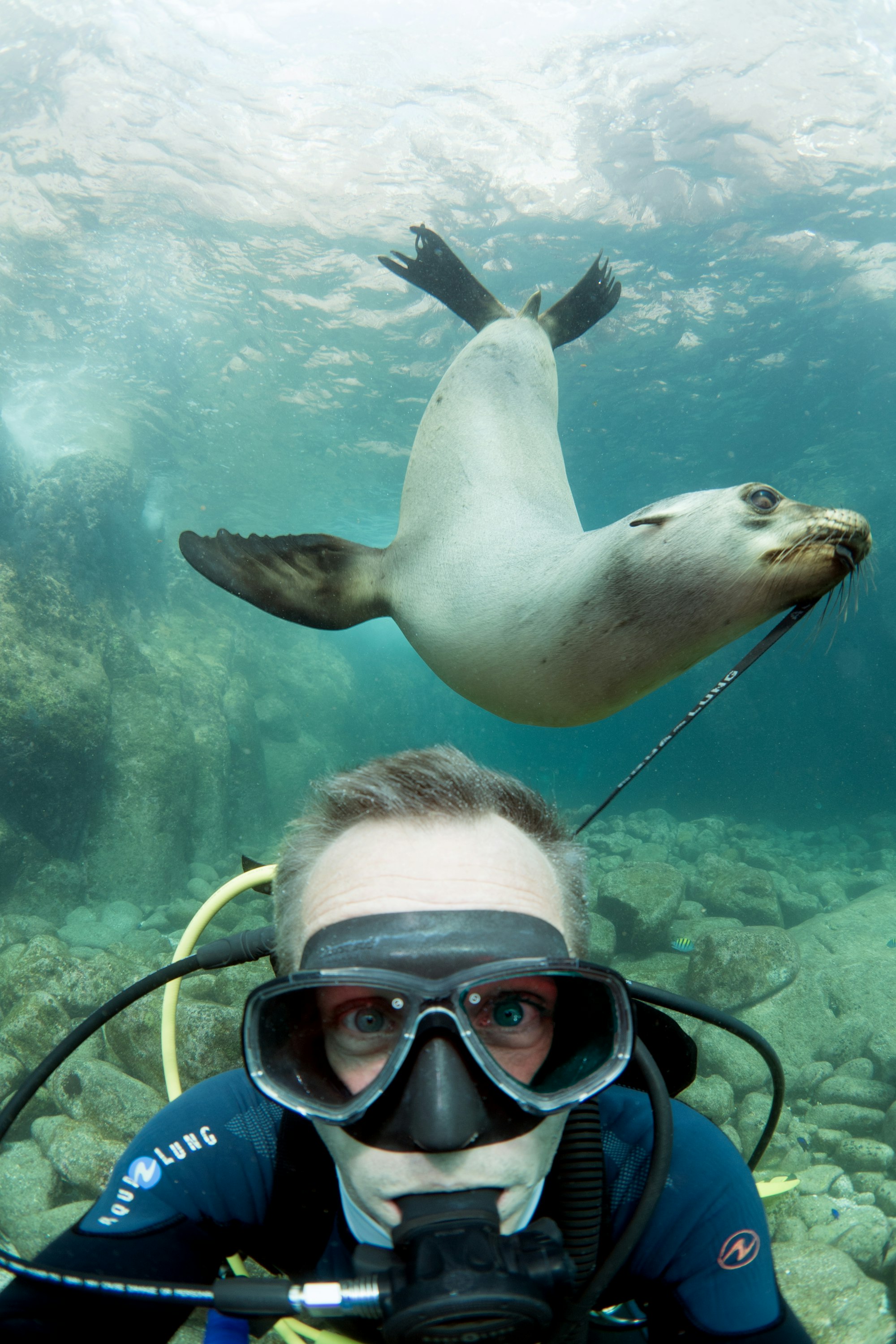
By becoming a premium supporter, you help in the creation and sharing of fact-based optimistic news all over the world.

